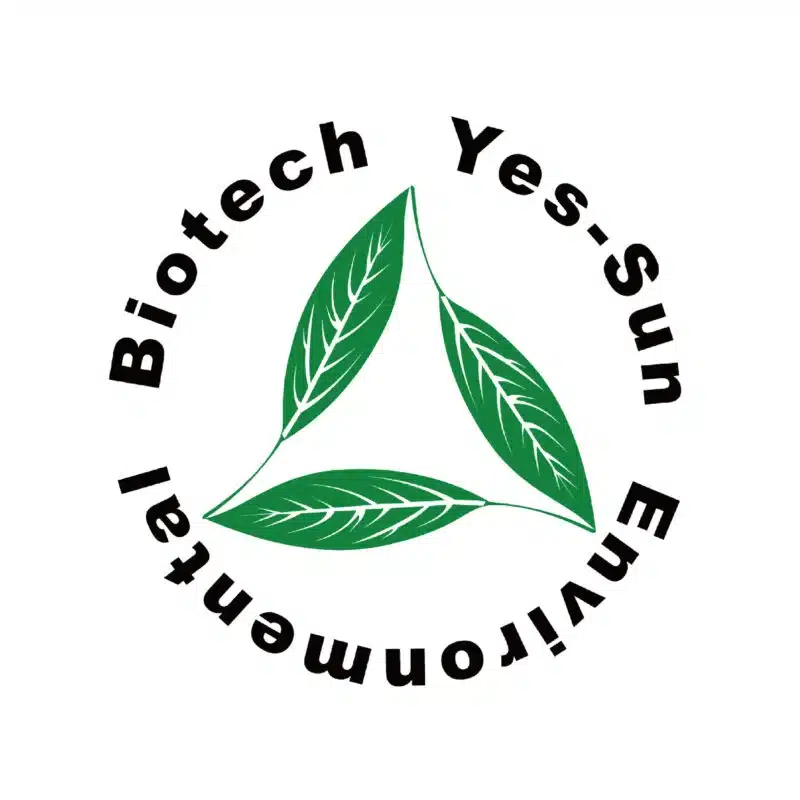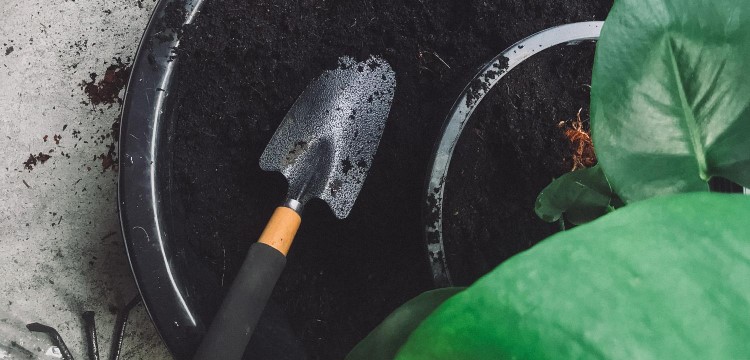BY KATHERINE ROTH
https://apnews.com/article/9f421243df6343a89407f423d37087cb
The surge in demand for eco-friendly alternatives to traditional plastic items, such as bags, straws, and picnic tableware, has led to a significant growth in the market for compostable products. These items, often made from plant fibers or starches derived from corn, potatoes, rice, tapioca, and other natural materials, are designed to offer a more sustainable option, particularly for single-use products. Notably, not all bioplastics are compostable, but those that are, can significantly reduce waste when processed in industrial composting facilities alongside food waste, emphasizing a move towards a more environmentally responsible consumer behavior.
Sustainability experts like Olga Kachook of World Centric and Rhodes Yepsen of the Biodegradable Products Institute (BPI) highlight the rapid expansion of this market and the crucial role of certification in ensuring the compostability of these products. The BPI’s certification is a testament to a product’s compostability, aiming to facilitate the separation of organic waste and support the adoption of a three-bin waste system for compost, recycling, and trash, which is already in place in over 5 million households.
Despite the growing availability of compostable products in supermarkets and their potential for reducing environmental impact, the technology and infrastructure for composting remain in development. Consumers are urged to verify the compostability of products with local facilities and to consider reusables as the most eco-friendly option. The critique by TerraCycle’s Brett Stevens and CEO Tom Szaky underscores the limitations of bioplastics, particularly in terms of their need for industrial composting facilities for effective breakdown and their lack of contribution to the nutrient value of compost.
While the transition to widespread use of compostables and the establishment of curbside compost pickup is expected to take time, the development of composting infrastructure across the country is seen as a positive step towards sustainability. Critics, however, caution against viewing bioplastics as a panacea, pointing out challenges related to recycling contamination and the slow degradation of these materials in non-industrial settings. Despite these challenges, the shift towards compostable products is part of a broader effort to reduce reliance on fossil fuels and mitigate the environmental impact of plastic waste, with the acknowledgment that the path towards sustainable materials management is complex and multifaceted.
Discover the future of waste management with composting free technology
Handling organic waste properly can be challenging due to the unpleasant smell and dirty water produced during the composting process. Despite the availability of various composting technologies and equipment in the market, time and pollution remain significant concerns. However, a novel technology that combines patented equipment and enzymes offers a potential solution. This innovative approach can convert organic waste into fertilizer in just a few hours, and most importantly, without causing pollution.
Learn more


 中文 (台灣)
中文 (台灣) Bahasa Indonesia
Bahasa Indonesia Tiếng Việt
Tiếng Việt Bahasa Melayu
Bahasa Melayu Français
Français Español
Español Português
Português